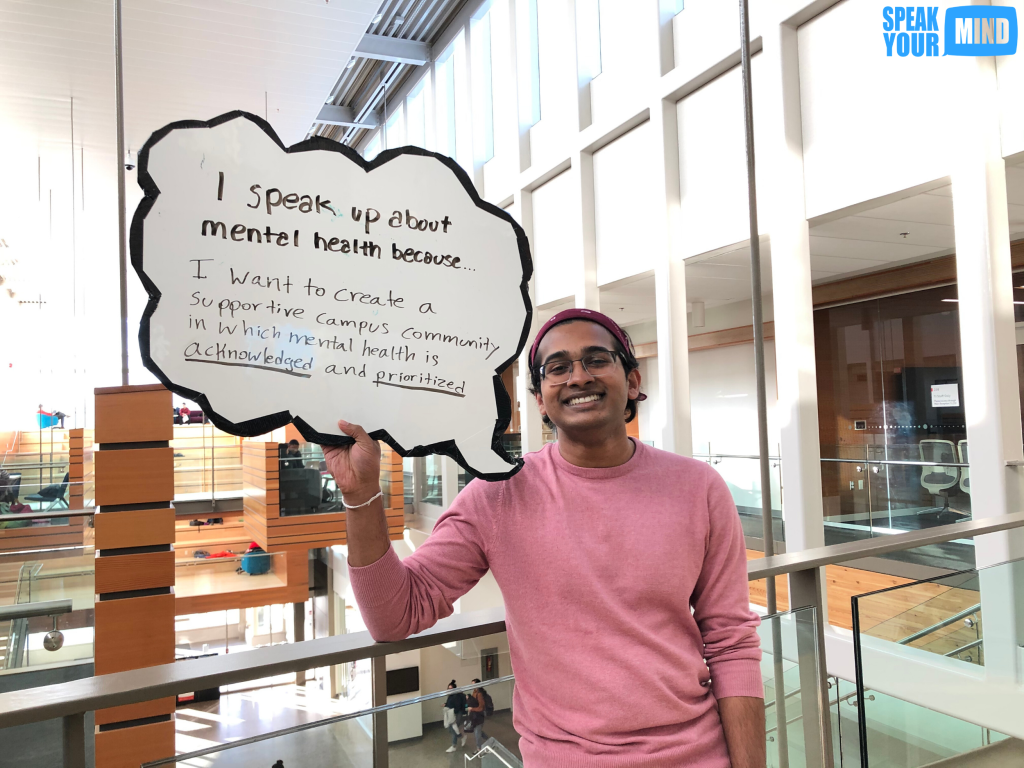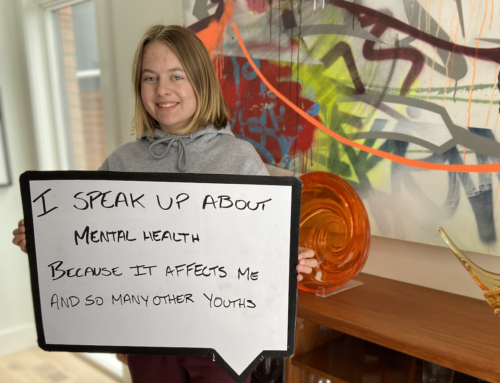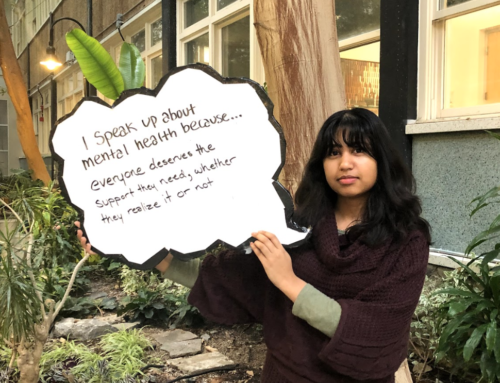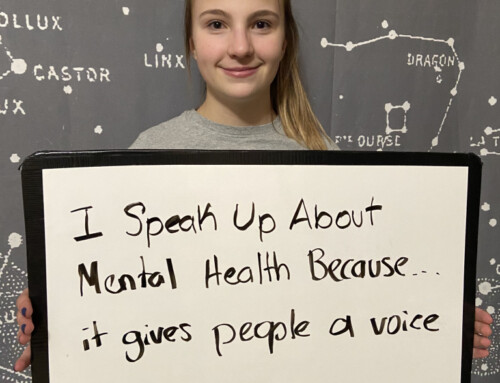Pasindu Wickramarachchi – Student at the University of Calgary
Meet Pasindu Wickramarachchi, a student at the University of Calgary studying Cellular, Molecular and Microbial Biology who wants to create a safer and more comfortable space for students to discuss mental health issues.
Why is mental health important to you?
Personally, mental health was something that I struggled with during my first year in university. During this time, I found that mental health in general is sort of disregarded on campus especially. I also noticed that there are many others who struggle with the same things I did, and there are so many cases that go unnoticed on such a large campus. That is why I would like to do my part in creating a safe and supportive environment where mental health is acknowledged. I once read a statistic that said young people aged 15-20 are more likely to have a mental health illness. This really stuck with me because it got me thinking about the things I can do in helping other people around this same age group on campus.
Men and women experience the same mental health problems, however their willingness to talk about their thoughts and challenges are very different. Men tend to have a harder time dealing with these problems because there is this stereotype around men and how showing any signs of weakness leads to their masculinity being questioned. I am also working towards breaking these barriers in hopes that people don’t feel like they have to hide how they’re feeling.
Overall, mental health is something I’ve had to deal with and is something I want to bring more awareness towards, especially in the student body so that students are comfortable with reaching out to seek help.
What types of mental health initiatives are you currently involved in
Currently, I am working with a club on campus called Man-Up for Mental Health. Essentially, the club hopes to achieve two goals: to break the stigma surrounding mental health and substance abuse, and to communicate that mental health is prevalent in all populations. We put on events during the school year to create a safe space where people can talk about issues and listen to others, in order to create a meaningful conversation around mental health and to bring more awareness to it. We recently held our annual lift-off event where students physically lifted weights to represent the lifting off the weight of mental health.
What do you hope to achieve with Man-Up for Mental Health?
I believe that by being a part of Man-Up for Mental Health, it gives me a platform to talk about the struggles I have been through and to let others know that it is alright to come forward with any sorts of issues they might be facing. I hope that people can recognize there are people around them that would like to support them and that there are people out there who they can talk to. By putting myself in a vulnerable position, it might show people that it is also okay for them to be vulnerable and to take care of themselves. Even though UofC is really large with thousands of students, we are lucky to have a lot of different initiatives going on around campus that hope to do the same.
How do you think students can support one another at UofC involving mental health?
I think the best thing students can do is to really be open to talking and having a conversation. Let friends and loved ones know that it is okay for them to speak up, but also give them time and the opportunity to really talk about their challenges. It is definitely hard at first when you are just starting to open up about your feelings, but starting out small and talking just a little will go a long way. People need to be patient and sympathetic to those trying to reach out.
What is one valuable lesson you’ve learned so far while being involved with mental health initiatives on campus?
I’ve learned that mental health is a broad spectrum and not just one disorder. It is never the same for two people since everyone experiences it differently. I have also learned that being patient and being very genuine when talking to people is crucial. From my own experience, talking to people about what I was going through got much easier when I became more open about it. I talked to many close friends of mine, allowing me to put my feelings into words, which isn’t something I could do but it really helped me a lot.




